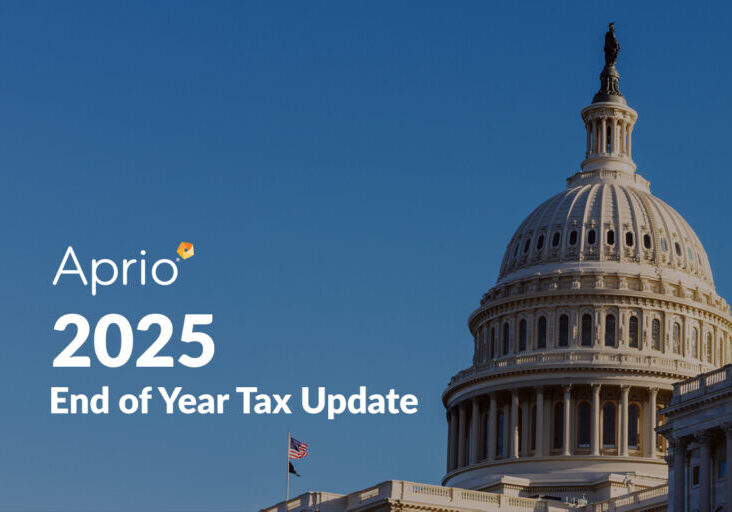California Occasional Sale Exemption: What Business Sellers and Buyers Need to Know
Summary: A California Office of Tax Appeals opinion concluded that the sale of a dental practice’s assets to multiple buyers under multiple contracts qualified for only a limited exemption from sales tax because the transaction structure did not fully meet the requirements of the exemption provision.
When selling business assets, the asset purchase agreement often contains a provision allocating the burden of any “transfer taxes” that may be incurred in connection with such sale. The two primary types of “transfer taxes” that can arise are real estate transfer taxes, applied to the sale of real estate interests, and sales tax, applied to the sale of tangible personal property (TPP). It is important to analyze the potential impact of these transfer taxes so that both buyer and seller understand their respective obligations.
Sales Tax: Inventory vs. Non-Inventory Assets
For sales tax purposes, there are two main asset classes of TPP: inventory and non-inventory. The sale of inventory is typically exempt from sales tax, as such a sale is considered a sale for resale. On the other hand, the sale of non-inventory TPP is often exempt from sales tax pursuant to occasional, casual, or isolated sale exemption rules. However, the scope and applicability of these rules differ by state, as illustrated by a California Office of Tax Appeals opinion concerning the sale of a dental practice.[1]

California’s Limited Occasional Sale Exemption
In this case, the taxpayer owned and operated a dental practice at multiple locations within California. During the third quarter of 2018, the taxpayer entered into 25 separate asset purchase agreements (the Contracts) with 15 distinct buyers to sell its California-based dental practice and associated business assets. On its sales tax return for that quarter, the taxpayer claimed a deduction of almost $11 million for the sale of fixed assets (i.e., fixtures and equipment) as exempt occasional sales. The state disallowed all except about $1 million of that deduction on the basis that only the sales under the first two contracts qualified as exempt occasional sales and that the sales under contracts 3-25 did not qualify for the exemption.
While some states have broad occasional or casual sale exemption rules that may apply to all TPP not sold by the taxpayer in the ordinary course of business, California’s exemption is limited. Specifically, an occasional sale includes:
A sale of property not held or used by a seller in the course of activities for which he or she is required to hold a seller’s permit . . . provided that the sale is not one of a series of sales sufficient in number, scope, and character to constitute an activity for which he or she is required to hold a seller’s permit . . . .[2]
Under the regulations, “a person who makes three or more sales for substantial amounts in a period of 12 months is required to hold a seller’s permit regardless of whether the sales are at retail or are for resale.”[3]
The Taxpayer’s Argument for Single Transaction Treatment
The state acknowledged that the taxpayer’s fixed assets were not held or used in the course of an activity that required a seller’s permit (i.e., the provision of dental services). However, beginning with the third sale, the taxpayer was required to hold a seller’s permit, and any sales under Contracts 3-25 did not qualify for the occasional sale exemption.
The taxpayer argued that all of the contracts should qualify as one sale since the intention was to sell the entire dental practice at once. However, given the multiple buyers, it was not feasible to consolidate the sales into one contract or closing.
The opinion explains that, in certain cases, multiple contracts among the parties may be considered parts of a single transaction, even if the contracts are not executed at the same time. What matters most is the parties’ intent, which is determined objectively from the contract language, such as provisions that describe the interdependence of the contracts, that the contracts are contingent upon one another, or that the contracts have a purpose of attaining a preconceived objective. However, the opinion concludes that the taxpayer failed to provide any evidence to support the contention that this was one transaction.
Final Thoughts: Structuring Sales to Minimize Tax Liability
For businesses preparing to sell and purchase substantial tangible assets, understanding the relevant state sales tax exemptions is crucial for two main reasons. First, it provides clarity when negotiating which party will be responsible for transfer taxes, as both sides can better assess their potential liability (i.e., the amount each party is agreeing to pay). Second, knowing these exemptions and their requirements can reveal opportunities to structure the transaction in a way that can minimize tax obligations.
[1] In the Matter of the Appeal of Coast Dental Services, Inc., 2025-OTA-439, OTA Case No. 231114667 (Jan. 31, 2025).
[2] Cal. Rev. & Tax Code § 6006.5(a). There is another type of occasional sale not applicable in this case that arises when all or substantially all TPP is transferred and the ultimate ownership of the TPP is substantially similar before and after the transfer. Cal. Rev. & Tax Code § 6006.5(b). It is also worth noting that in most states, these types of exemption typically do not apply to motor vehicles, boats, airplanes, and other similar items.
[3] Cal. Reg. 1595(a)(1).
Stay informed with Aprio.
Get industry news and leading insights delivered straight to your inbox.
How we can help
Are you planning to sell or purchase a business? Aprio’s SALT team can evaluate your transaction structure, identify applicable exemptions, and recommend strategies to help reduce your tax exposure.
Stay up-to-date on important state tax topics in Aprio’s SALT newsletter.



